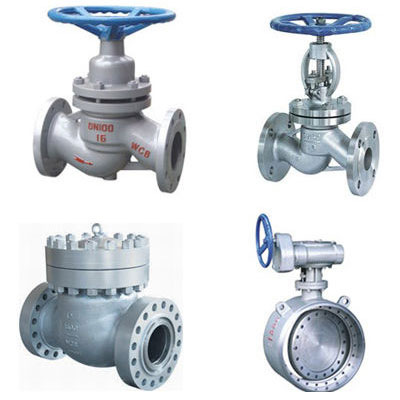Wrought brass strainer ball valve
- Model Number: KS 10K
- Brand Name: Yuanda
- Place of Origin: Hebei, China
- Minimum Order Quantity: 1
- Supply Capacity: 10000/month
- Payment: T/T, D/P, L/C, Paypal, Western Union
- MemberShip: Free Member
- Inquiry Now
KS 10K Wrought brass strainer ball valve Description
Wrought brass strainer ball valve - Yuanda valve Gost Ball Valves Manufacturer Gost Ball Valves
Advantages Of Brass Ball Valve
Brass ball valves are some of the most common types that you will use in plumbing, wells, and HVAC. They are quite easy to work and install and are suitable for many applications, corrosion resistance is not a big issue. We will review several reasons why brass ball valves are so popular, where they are best used, and the difference between brass and bronze.
Why are brass ball valves so popular?
1. Easy to operate
One of the biggest benefits of brass ball valves is that they are easy to work and install. By simple handling, I mean that brass as a material is softer than others (such as stainless steel). This makes sealing easier.
Also due to the popularity of brass valves, products for sealing them are very easy to obtain. When sealing other types of metals, you often need a specific pipe tape or thread sealant. Not that these are impossible to find, but you are easier to find brass sealing products than others.
2. Lead and no leaded options
With the transition to no lead over the past few years, brass products have undergone earth-shaking changes. From a material point of view, the price of leaded brass and no-lead brass is very different, so it is a good choice to use leaded brass on non-potable water applications. This can save you a lot of money.
Where is the brass ball valve used?
The application range of brass ball valves is very wide. Most of the time, brass is a good choice. When it comes to potable water applications, lead-free brass is a good choice, unless the water is corrosive, such as high salt content. In this case, another material such as stainless steel or PVC will be better. Due to the cost of no-lead brass, other materials, such as stainless steel, which are also free of lead, have become more possible choices.
Brass ball valves are used in residential and commercial plumbing, water wells, HVAC, and many other applications. Basically, as long as the material passing through the valve is not highly corrosive, in general, brass is a good material to utilize.
What is the difference between brass and bronze?
Brass and bronze are often misunderstood, and this is a big problem. Although they look very similar, their composition materials are different, which is very important to grasp. Brass is a malleable metal made of copper and zinc. The amount of copper and zinc will vary, but generally speaking, copper will account for most of the material.
On the other hand, bronze is mainly composed of copper with a small number of other additives. Bronze is a higher quality metal, which is more expensive than brass. Bronze is also harder and more resistant to corrosion than brass.
This may seem a bit esoteric, but one thing is very important and requires attention. The material composition of the ball valve is very critical. If you are buying a lower quality brass ball valve, it may contain less copper, which will make it more susceptible to corrosion in certain environments.
When it comes to closing, brass ball valves are incredible "daily" valves in many applications. Remember, if your system is corrosive or salty, you will want to look for other options such as bronze, stainless steel, or PVC. When the application requires no lead materials, you should also pay attention, because this will determine your choice.
We are Brass Ball Valve Suppliers. If you are interested in our products, please feel free to contact us.
Retaled category: Ball Valve
Hot search: valves, globe valve, check valve, butterfly valve












